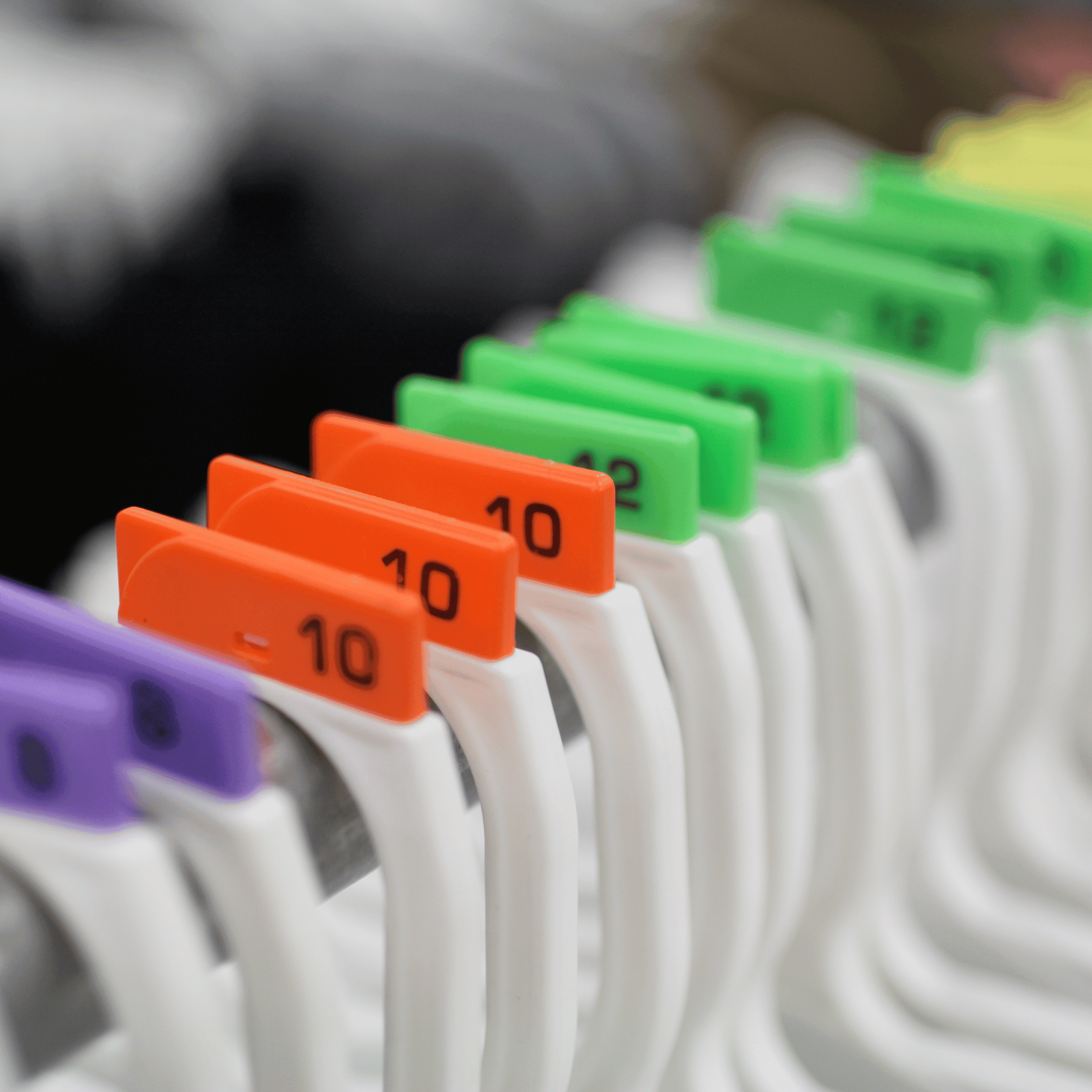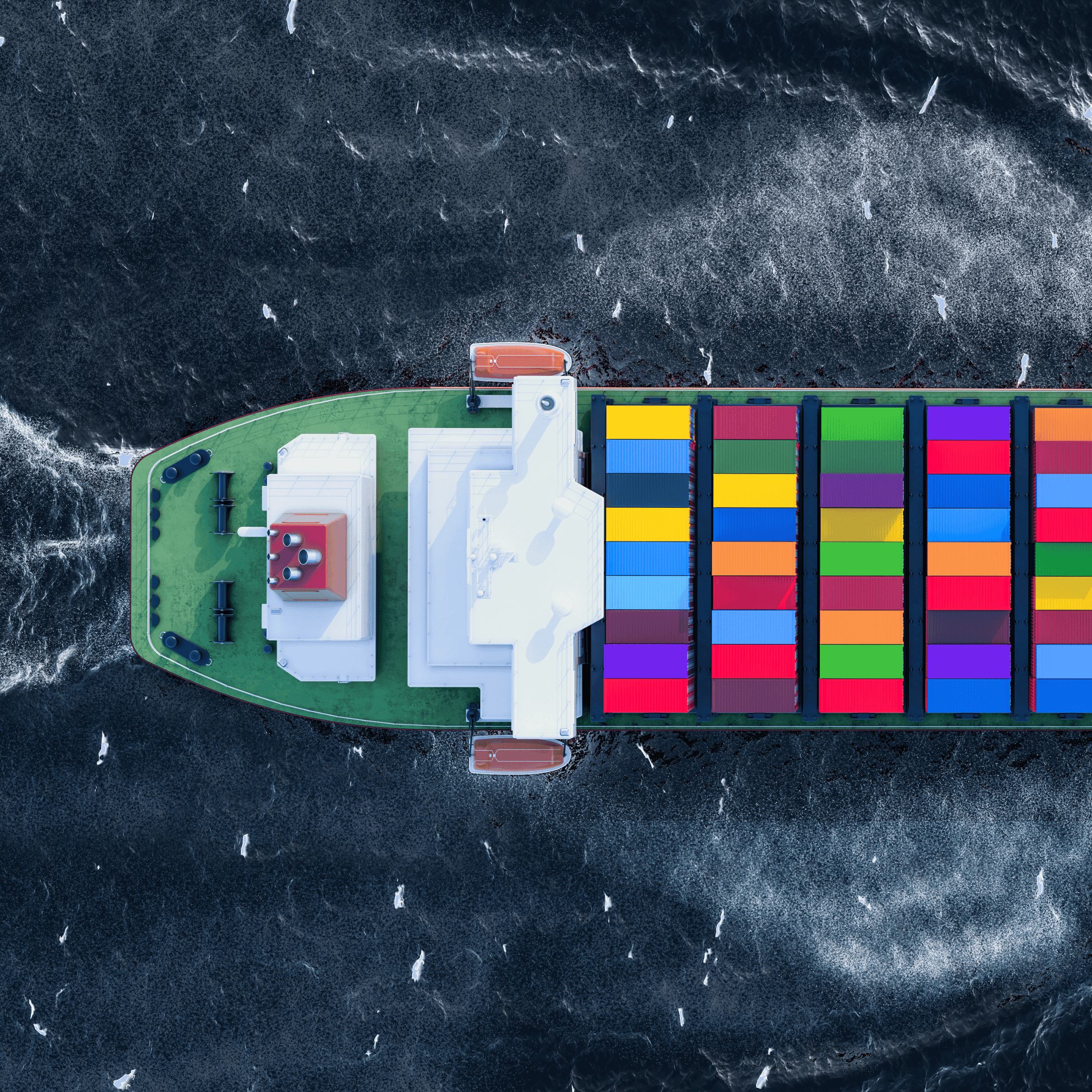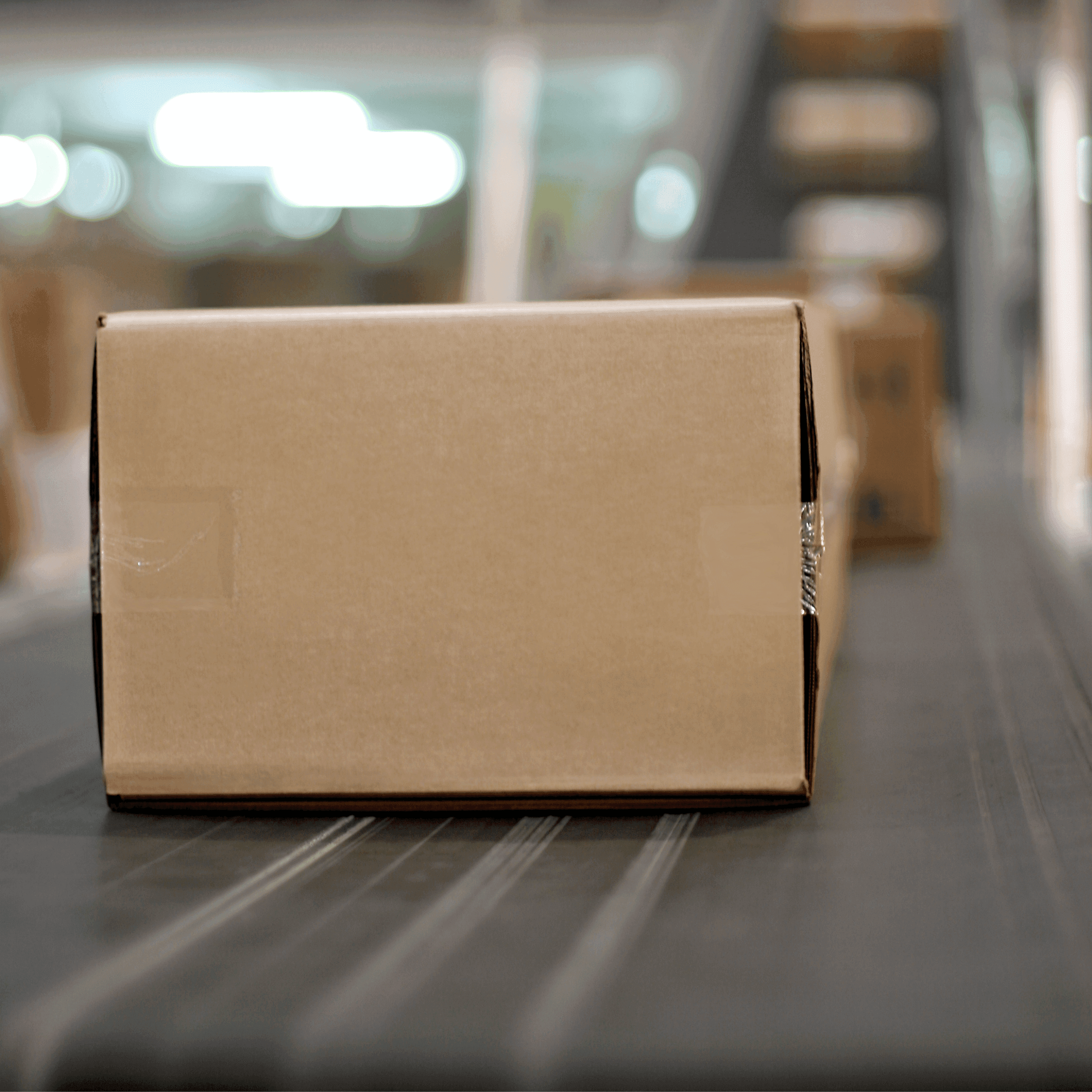In the world of third-party logistics (3PL) and supply chain management, retail compliance isn’t just a best practice — it’s a critical requirement. Retailers like Walmart, Target, Kohl’s, Amazon, and others set strict vendor guidelines that govern how goods must be packaged, labeled, shipped, and documented. Non-compliance can lead to costly chargebacks, delayed deliveries, damaged relationships, and lost shelf space.
For brands working with a 3PL like Snapl, understanding and maintaining retail compliance ensures seamless operations from warehouse to retail shelf. In this article, we’ll break down what retail compliance entails, common pitfalls, and how your 3PL partner can help you stay compliant — and competitive.
What is Retail Compliance?
Retail compliance refers to the specific requirements and standards that retailers impose on their vendors and suppliers to ensure smooth, standardized operations across their supply chains. These standards vary by retailer but often include:
- Labeling and barcode specifications
- Case pack configurations
- Packaging guidelines
- EDI (Electronic Data Interchange) protocols
- Routing and appointment scheduling
- Freight carrier requirements
- Delivery windows and cutoffs
- Advance Shipping Notices (ASN)
- Pallet configurations and slip sheets
- Ticketing, hang tags, and polybags for apparel or hard goods
Retail compliance is essentially about shipping the right product, in the right way, to the right place, at the right time.
Why Retail Compliance Matters
Failure to meet a retailer’s compliance standards can result in:
- Chargebacks and financial penalties: Ranging from $25 to hundreds per violation.
- Rejected shipments: Delayed restocking and potential lost sales.
- Delisted products: Retailers may drop non-compliant vendors.
- Supply chain bottlenecks: Increased operational costs and inefficiencies.
In a highly competitive retail landscape, staying compliant is not just about avoiding penalties — it’s about being a reliable vendor that retailers want to work with long-term.
Key Areas of Retail Compliance
1. Labeling & Barcoding
Each retailer has unique requirements for:
- UPC and GTIN barcodes
- SSCC-18 pallet labels
- FNSKU and ASN labels for Amazon
- Retail price tags, hang tags, and product ID labels
Errors in barcode placement, size, or format can result in chargebacks or rejected shipments.
2. Packaging & Case Pack Standards
Retailers often specify:
- Inner pack and master carton configurations
- Weight and dimension limits
- Sustainable packaging requirements
- Fragility or orientation labels
Your 3PL must ensure all items are packed and sealed according to the retailer’s playbook.
3. Routing & Delivery Windows
Retailers may require:
- Strict delivery appointments
- Use of pre-approved freight carriers
- Adherence to designated distribution centers (DCs)
Late or early deliveries can be penalized.
4. EDI Integration
Many major retailers use Electronic Data Interchange (EDI) for:
- Purchase orders (850)
- ASNs (856)
- Invoices (810)
Working with a 3PL that supports seamless EDI integration avoids costly data mismatches and delays.
5. Retail-Specific Guidelines
Some retailers provide comprehensive vendor compliance manuals (e.g., Target’s Partners Online, Walmart’s Retail Link). These often include hundreds of specific instructions your 3PL needs to follow meticulously.
How Snapl Ensures Retail Compliance for Brands
At Snapl, we specialize in retail-compliant fulfillment that eliminates guesswork for growing brands. Here’s how we keep you compliant:
Dedicated Compliance Experts
Our team actively reviews retailer routing guides, vendor manuals, and updates to ensure your orders are always prepped to standard.
Retail-Compliant Labeling & Packaging
We handle:
- GS1-compliant barcode printing
- Hang tagging and polybagging
- Custom labeling for each major retailer
- Apparel folding and ticketing
EDI-Enabled Fulfillment
Snapl integrates with leading EDI providers to handle ASNs, purchase orders, and invoice flows automatically.
Retail-Ready Kitting & Bundling
From retail display assemblies to FBA prep, we package products in accordance with each retailer’s in-store and ecommerce presentation standards.
Appointment Scheduling & Freight Coordination
We work with your freight partners or arrange LTL/FTL to schedule delivery appointments within required windows.
Common Retail Compliance Mistakes (and How to Avoid Them)
Retail compliance mistakes can lead to costly setbacks, but most are entirely preventable with the right 3PL partner. One of the most frequent issues is incorrect or missing barcodes. When products lack scannable or properly placed barcodes, retailers may issue chargebacks or reject the shipment altogether. Snapl addresses this by verifying barcode accuracy in-house before any product leaves the warehouse. Another common mistake is improper case packing, where items are not packed according to a retailer’s specifications. This can cause an entire shipment to be returned or delayed. Snapl solves this by tailoring cartonization processes to each retailer’s exact requirements.
Missed or incomplete Advance Shipping Notices (ASNs) and purchase order data are also major offenders. Without accurate and timely EDI documents, retailers may apply fines or fail to process deliveries correctly. Snapl mitigates this risk by using automated EDI syncing to ensure all required data is submitted seamlessly. Late deliveries are another frequent problem — even when everything else is done correctly, missing a scheduled delivery window can result in shipment refusal. Snapl’s team manages delivery timelines proactively, coordinating with carriers and scheduling appointments to meet every retailer’s expectations.
Lastly, incorrect labeling formats can trigger item returns or shelving errors. Retailers often have highly specific label placement, sizing, and content rules. To avoid this, Snapl uses preloaded labeling templates and double-checks every shipment to match retailer guidelines. By addressing these issues head-on, Snapl helps brands maintain a spotless compliance record and build stronger retail partnerships.
Industries That Require Retail Compliance
Retail compliance is critical in the following industries:
- Apparel & Fashion
- Beauty & Personal Care
- Consumer Packaged Goods (CPG)
- Toys & Games
- Home Goods
- Electronics
- Food & Beverage (Dry goods)
If you’re selling into large retailers or marketplaces like Amazon, Walmart, or Target, you need a 3PL that understands compliance inside and out.
Retail Compliance and Amazon FBA
Amazon has some of the most complex compliance rules for FBA shipments, including:
- FNSKU labeling
- Polybag suffocation warnings
- Prep requirements (e.g., bubble wrap, tape, box inserts)
- Shipment creation in Seller Central
- Carton-level detail in ASNs
Snapl offers Amazon FBA prep services that ensure full compliance with Amazon’s strict standards — helping you avoid costly delays and penalties.
Retail Compliance is a Strategic Advantage
While retail compliance may seem tedious, it’s a strategic asset that can give your brand a competitive edge. Retailers prefer suppliers who consistently deliver clean, on-time, and correctly prepped shipments. Partnering with a 3PL like Snapl that specializes in retail compliance ensures you meet these expectations — and exceed them.

Ensure your brand stays compliant, scalable, and retail-ready.
Contact Us





